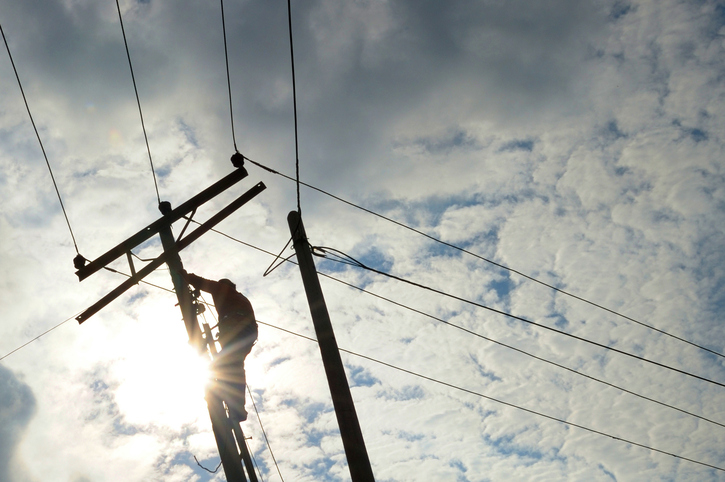A general lack of collaborative thinking, particularly in relation to whole system solutions, could hold back network innovation, the sector has been warned.
Speaking at last month’s Utility Week Live John Scott, director at energy consultancy Chiltern Power, said that whole system issues required change management that was embraced by energy market players from throughout the system, commenting that the status quo saw companies act more commonly in “licensed silos”.
Primary amongst Scott’s concerns is a perceived dominance of the country’s transmission and distribution networks when it comes to research and innovation in this area, with other stakeholders sometimes overlooked.
This, he added, may end up impacting on the UK’s distribution network operators’ (DNOs) DSO transition plans.
“I really don’t see how DSOs [distribution system operators] are going to come into being… and bring all the benefits if we don’t address data issues and collaborative thinking,” he said.
And while Scott did state that Ofgem’s regulatory sandbox, which has sought to provide a place for energy companies to trial innovative pilot projects without the confines of specific regulations, Scott said it was limited in its approach and lacked a scaling-up route for projects that demonstrated real potential.
The sector has, however, sought to consider such obstacles in its approach to innovation and the Energy Networks Association in particular has placed a whole system approach at the centre of its innovation strategy, released earlier this year.
Speaking during the session was SP Energy Networks’ Geoff Murphy, who said that the ENA and others within the space had dedicated much of its strategy towards innovating in areas that stand to deliver best value to its customers and to ensuring that the transfer of new approaches from innovation to business-as-usual is “built into the fabric” of every project undertaken.
Denise Massey of the Energy Innovations Centre meanwhile had praise for the UK, which she said was only country from her organisation’s desktop research which is actively measuring innovation.
She did, however, stress the need for energy companies to continue to consider that innovation is about people rather than process, remarking that confusing that approach was akin to “looking down the wrong end of the telescope”.






